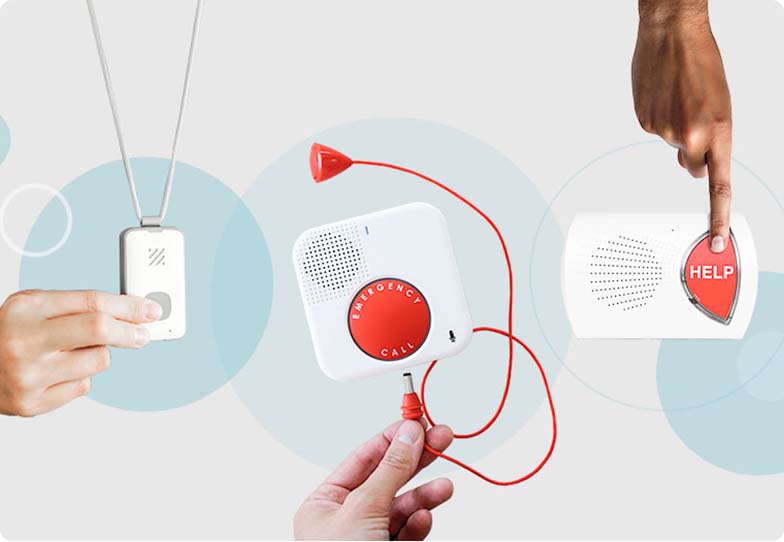In a ruling last week, US District Judge Vince Chhabria allowed the lawsuit to proceed, stating that the plaintiffs had made sufficient claims for negligence and product liability. Surviving claims in the lawsuit argue that AirTag's safety features were insufficient, leading to injuries when the devices were used for stalking. However, Judge Chhabria noted that it was too early to determine if California law required Apple to do more to prevent stalking incidents involving AirTags.
In response to the lawsuit, Apple emphasized its commitment to user safety and condemned any misuse of its products. The tech giant highlighted its proactive measures to address stalking concerns, including implementing anti-stalking features such as improved tracking alerts and notifications, introduced in February 2022. These efforts aimed to mitigate the potential for unwanted tracking and ensure user safety.
Following Apple's lead, other manufacturers in the Bluetooth-tracking device industry, such as Tile, announced plans to enhance their own anti-stalking measures. Despite these efforts, the lawsuit alleges that Apple's initial design and release of AirTags were defective and failed to meet consumer safety expectations. Amidst the legal battle, we advise users to remain vigilant about potential tracking with AirTags.




